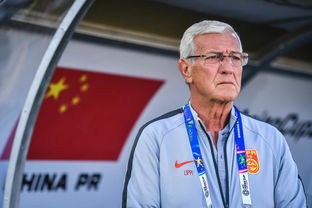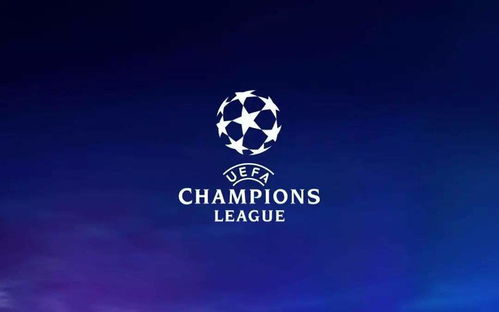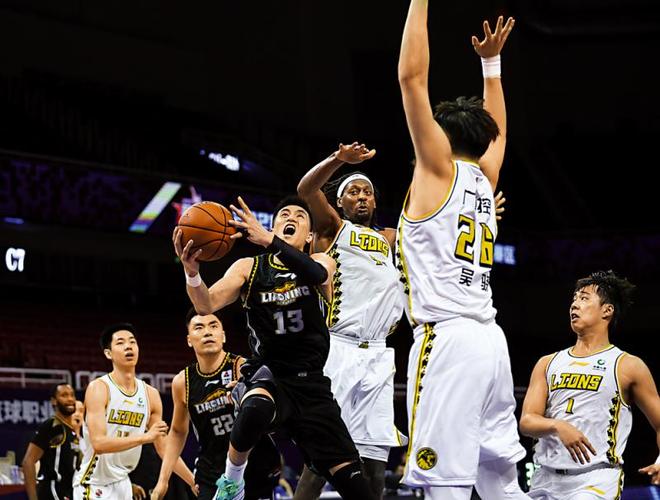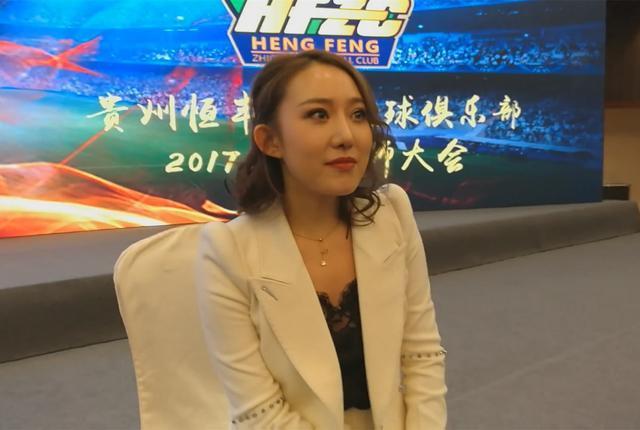里皮重新接手国足年薪
Title: Marcello Lippi Returns to Lead the Chinese National Football Team: Prospects and Guidance
Introduction:
Marcello Lippi's return to coach the Chinese national football team has stirred both excitement and skepticism among fans and pundits alike. After his previous stint from 2016 to 2019, during which he faced challenges in elevating the team's performance, his reappointment brings hopes of resurgence. This analysis delves into the potential impact of Lippi's return and provides guidance on navigating the journey ahead.
Assessment of Marcello Lippi's Previous Tenure:
During his previous tenure, Lippi faced several hurdles, including inconsistent performances, internal conflicts, and tactical limitations. Despite sporadic successes, the team struggled to achieve sustained progress, leading to Lippi's resignation in 2019. His departure underscored the need for strategic reforms and longterm development in Chinese football.
Prospects with Lippi's Return:
1.
Experience and Expertise:
Lippi's vast experience, including leading Italy to World Cup glory in 2006, brings invaluable expertise to the Chinese team. His tactical acumen and understanding of international football dynamics could significantly benefit player development and team strategy.2.
Stability and Leadership:
Lippi's return provides a sense of stability and leadership, crucial for fostering unity and discipline within the squad. His authoritative presence can instill confidence and inspire players to perform at their best.3.
Focus on Youth Development:
Lippi's emphasis on nurturing young talent could rejuvenate the national team and establish a sustainable pipeline of skilled players for the future. By investing in youth development programs and scouting promising prospects, he can lay the groundwork for longterm success.4.
Strategic Planning:
Lippi's strategic planning and attention to detail can address the systemic challenges facing Chinese football, including infrastructure, grassroots participation, and coaching standards. By implementing a holistic approach encompassing both shortterm goals and longterm vision, he can steer the team towards improvement.Guidance for Success:
1.
Clear Vision and Objectives:
Lippi must articulate a clear vision and set achievable objectives for the team, focusing on both immediate results and longterm development. Establishing a roadmap with measurable milestones will guide the team's progress and maintain accountability.2.
Team Cohesion and Communication:
Building strong camaraderie among players and fostering open communication channels are essential for cohesive teamwork. Lippi should prioritize team bonding activities and encourage constructive dialogue to cultivate a positive team culture.3.
Strategic Talent Management:
Identifying and harnessing the strengths of individual players while addressing weaknesses is key to maximizing team performance. Lippi should adopt a personalized approach to player development, providing tailored guidance and support to enhance skills and adaptability.4.
Adaptability and Innovation:
In the dynamic landscape of international football, adaptability and innovation are paramount. Lippi should remain flexible in his tactics and strategies, adapting to opponents' strengths and exploiting their weaknesses. Embracing innovation in training methods and technology can also provide a competitive edge.5.
Community Engagement and Support:
Building rapport with fans and fostering grassroots support is integral to the team's success. Lippi should actively engage with the football community through outreach programs, fan events, and media interactions, creating a sense of unity and shared pride in the national team.Conclusion:
Marcello Lippi's return to lead the Chinese national football team heralds a new chapter in the quest for footballing excellence. While his appointment offers promise, success will hinge on strategic planning, cohesive teamwork, and a commitment to longterm development. By leveraging his experience and implementing targeted reforms, Lippi can guide the team towards sustainable success on the global stage.

HTML Content:
```html
Marcello Lippi Returns to Lead the Chinese National Football Team: Prospects and Guidance
Marcello Lippi's return to coach the Chinese national football team has stirred both excitement and skepticism among fans and pundits alike. After his previous stint from 2016 to 2019, during which he faced challenges in elevating the team's performance, his reappointment brings hopes of resurgence. This analysis delves into the potential impact of Lippi's return and provides guidance on navigating the journey ahead.
During his previous tenure, Lippi faced several hurdles, including inconsistent performances, internal conflicts, and tactical limitations. Despite sporadic successes, the team struggled to achieve sustained progress, leading to Lippi's resignation in 2019. His departure underscored the need for strategic reforms and longterm development in Chinese football.
体育资讯
MORE>-
09-27独家解析,cba重播背后的商业逻辑与球迷狂欢
-
09-27🔥2020年NBA总决赛,历史的沸腾瞬间,冠军争夺战即将点燃!💥
-
09-27NBA火拼时刻,休斯顿火箭VS洛杉矶快船,谁能引领西部新势力崛起?
-
09-27镜报:阿森纳加入维尔茨争夺战,他们在年就有意将其引入
-
09-27自己菜却怪教练打压!美式球员被放弃,埋怨:无法做自己
-
09-272019年NBA总决赛,历史的沸腾,巨星的对决——回顾那不朽的赛季
-
09-27阿尔卡拉斯率欧洲队拉沃尔杯封王,随后就锁定年终总决赛门票
-
09-27东北雨姐称打假博主要30万,1分不给
-
09-27欧罗巴激战预告:法兰克福主场迎战比尔森,谁能在这场关键对决中脱颖而出?
-
09-27穿越时空的荣耀对决,2004年NBA全明星赛的璀璨瞬间
-
09-27沙欣:我们必须从惨败吸取教训,周五在主场做出回应
-
09-27回溯经典,2007年NBA全明星赛的璀璨瞬间与巨星对决
-
09-27正式复出!泽卡随泰山赴客场,拿中超弱旅开刀,前场新三叉戟首秀
-
09-27深度解析!揭秘NBA数据库,数据驱动的篮球世界洞察
-
09-27穿越时空的篮球盛宴——2013年NBA全明星赛回顾与经典瞬间
- 搜索
- 最近发表
-
- 独家解析,cba重播背后的商业逻辑与球迷狂欢
- 历史首队!巴萨率先达到西甲球,比皇马多球
- 🔥2020年NBA总决赛,历史的沸腾瞬间,冠军争夺战即将点燃!💥
- NBA火拼时刻,休斯顿火箭VS洛杉矶快船,谁能引领西部新势力崛起?
- 乒乓世界杯团体赛,荣耀对决,热血沸腾的乒乓盛宴
- 🔥揭秘!乌克兰国家队,足球强国的崛起与挑战——透视欧洲足坛的新势力🔥
- 欧洲杯8强激战,足球盛宴再掀高潮,实力与荣耀的较量
- 周四继续带来欧联西甲!法兰克福欧联渴望开门红塞尔塔马竞延续连败历史?
- NBA2022-23赛季得分王,新星崛起,老将传奇,谁是这季的超级得分手?
- 山东无棣宣传给女婿降个价?假!
- 金曲激荡,华音绽放——走进浙江卫视好声音,音乐的力量与梦想的舞台
- 逢见喜!莱万战球领跑西甲弗里克连胜距队史纪录仅场
- 镜报:阿森纳加入维尔茨争夺战,他们在年就有意将其引入
- 外资买爆中国资产,背后的原因与影响分析
- 福州少儿频道,陪伴孩子们成长的智慧乐园
- 年海南省篮球联赛万宁开幕东西部赛区同时鸣哨
- 揭秘捷克足球的不屈之路,从青训到世界杯的坚韧传奇
- 卡布里尼:国米卫冕意甲的机会很大;莫塔面临的工作并不轻松
- 揭秘皮尔洛家族,从足球巨星到商业帝国的富二代之路
- 绝了,锋线跑动最少!姆巴佩创尴尬纪录!西媒不留情面,怀念罗
- 标签列表
-
- 欧洲杯为什么没有直播 (12)
- 2024年欧洲杯预选赛 (23)
- 2024欧洲杯主办城市 (18)
- 2024欧洲杯参赛队伍有多少个 (9)
- 欧洲杯有多少只球队参加 (12)
- 2024欧洲杯百度百科 (17)
- 欧洲杯共多少场比赛 (11)
- 欧洲杯怎么看回放 (12)
- 欧洲杯2024在哪个国家 (11)
- 在哪里可以看欧洲杯预选赛 (14)
- 欧洲杯在哪里看直播 (10)
- 欧洲杯在哪竞猜 (10)
- 欧洲杯在哪竞彩 (12)
- 欧洲杯在哪个国家举行2024 (10)
- 欧洲杯每场比赛场地 (15)
- 2024欧洲杯比赛时间 (15)
- 2024欧洲杯预选赛 (12)
- 欧洲杯多少支球队参加 (11)
- 欧洲杯一共多少场 (12)
- 欧洲杯一场多少人 (12)
- 直播app (12)
- 直播网站 (15)
- 直播软件 (13)
- 直播 (10)
- 直播吧 (22)




